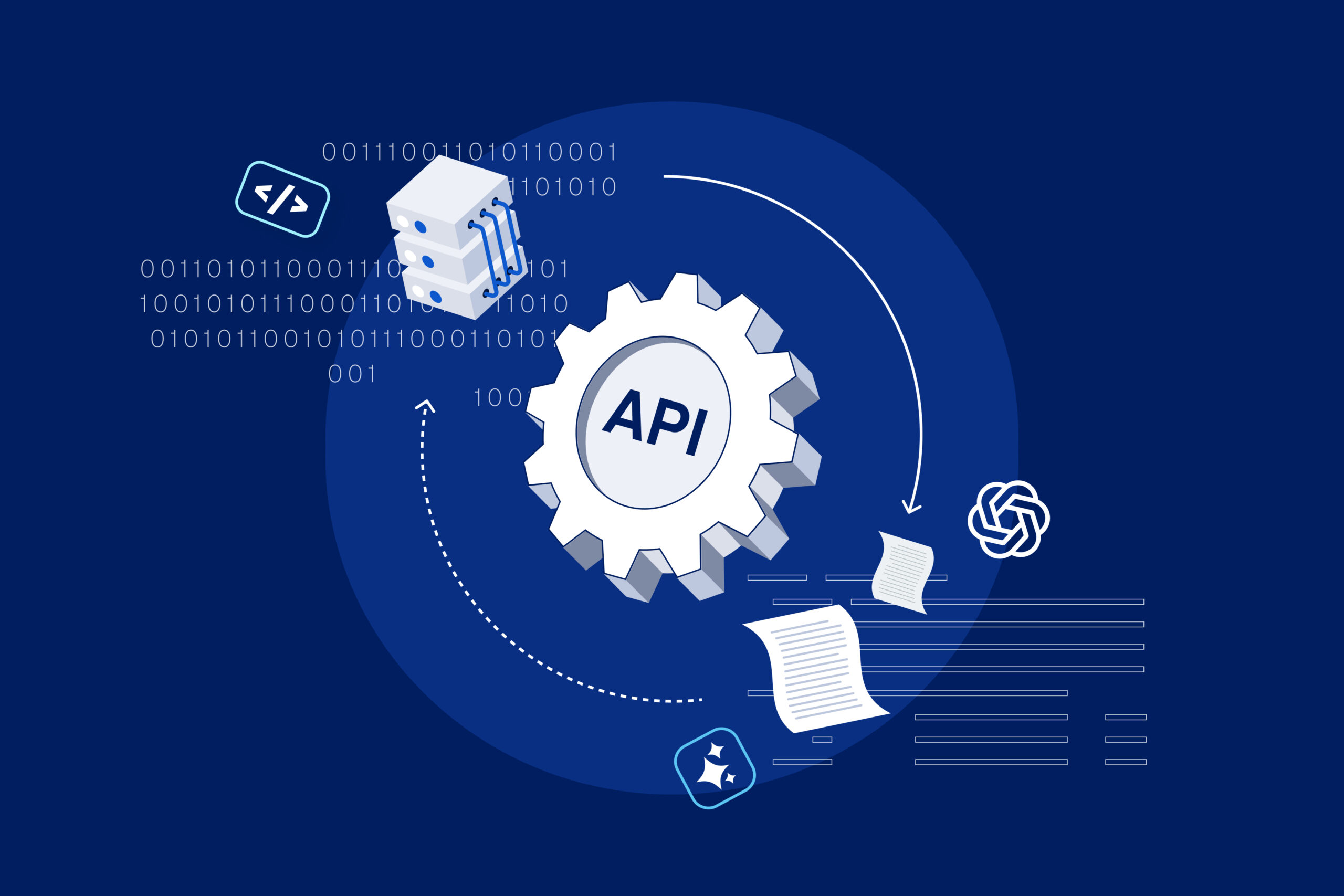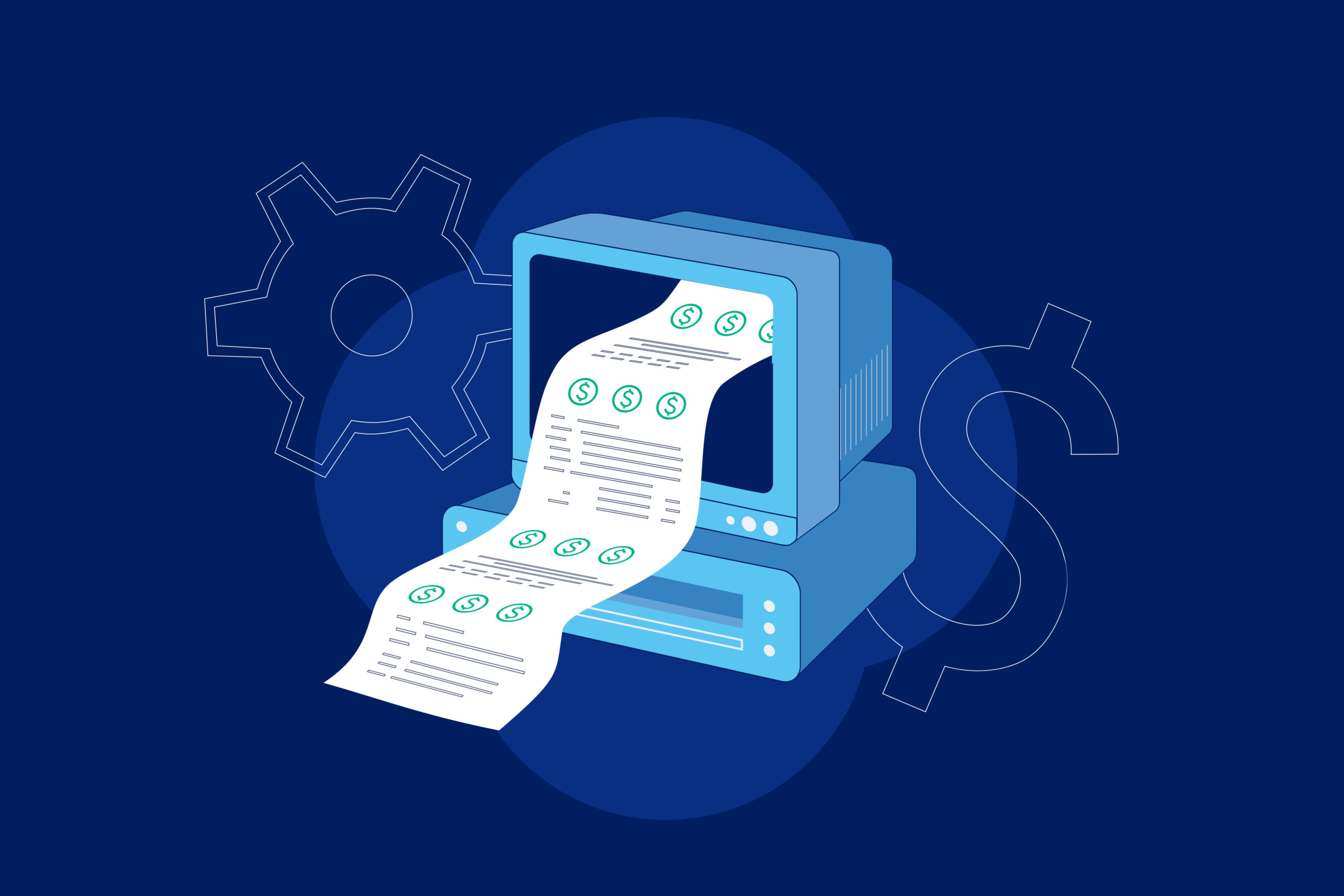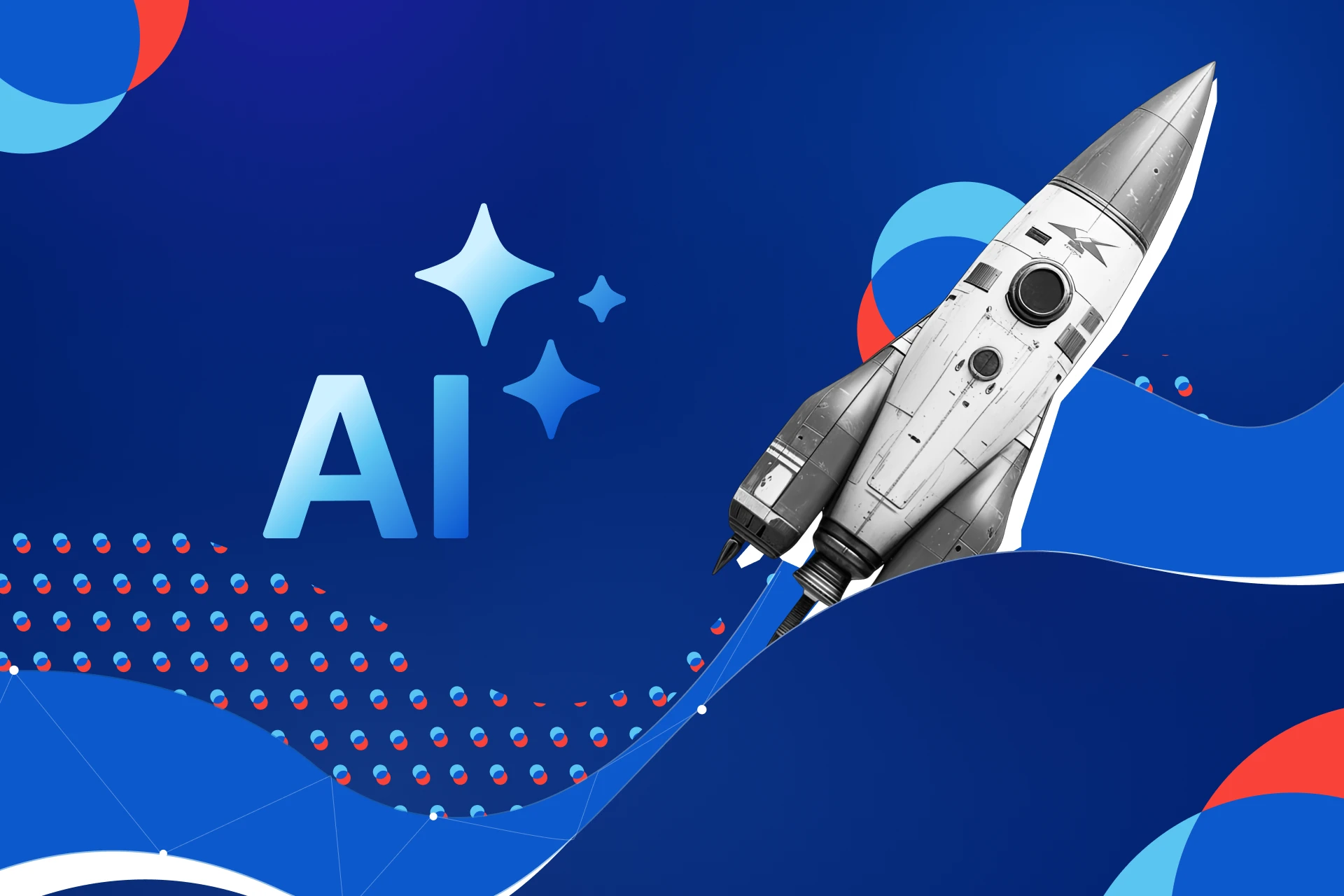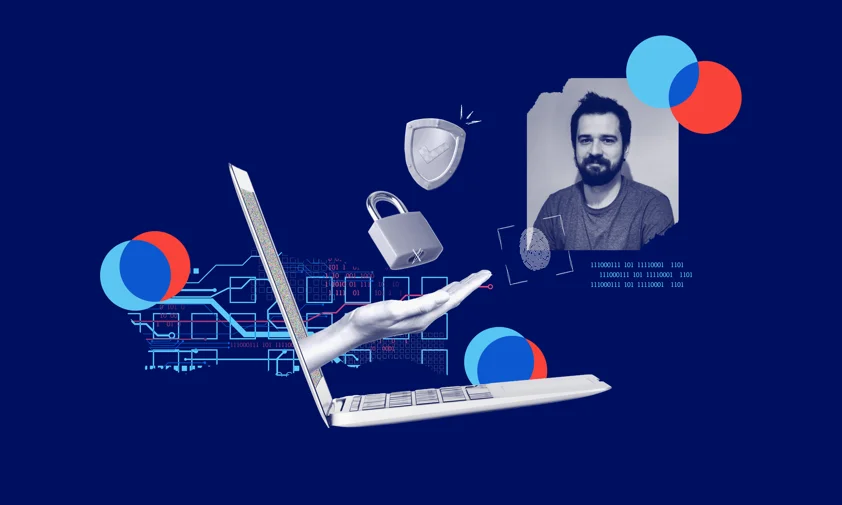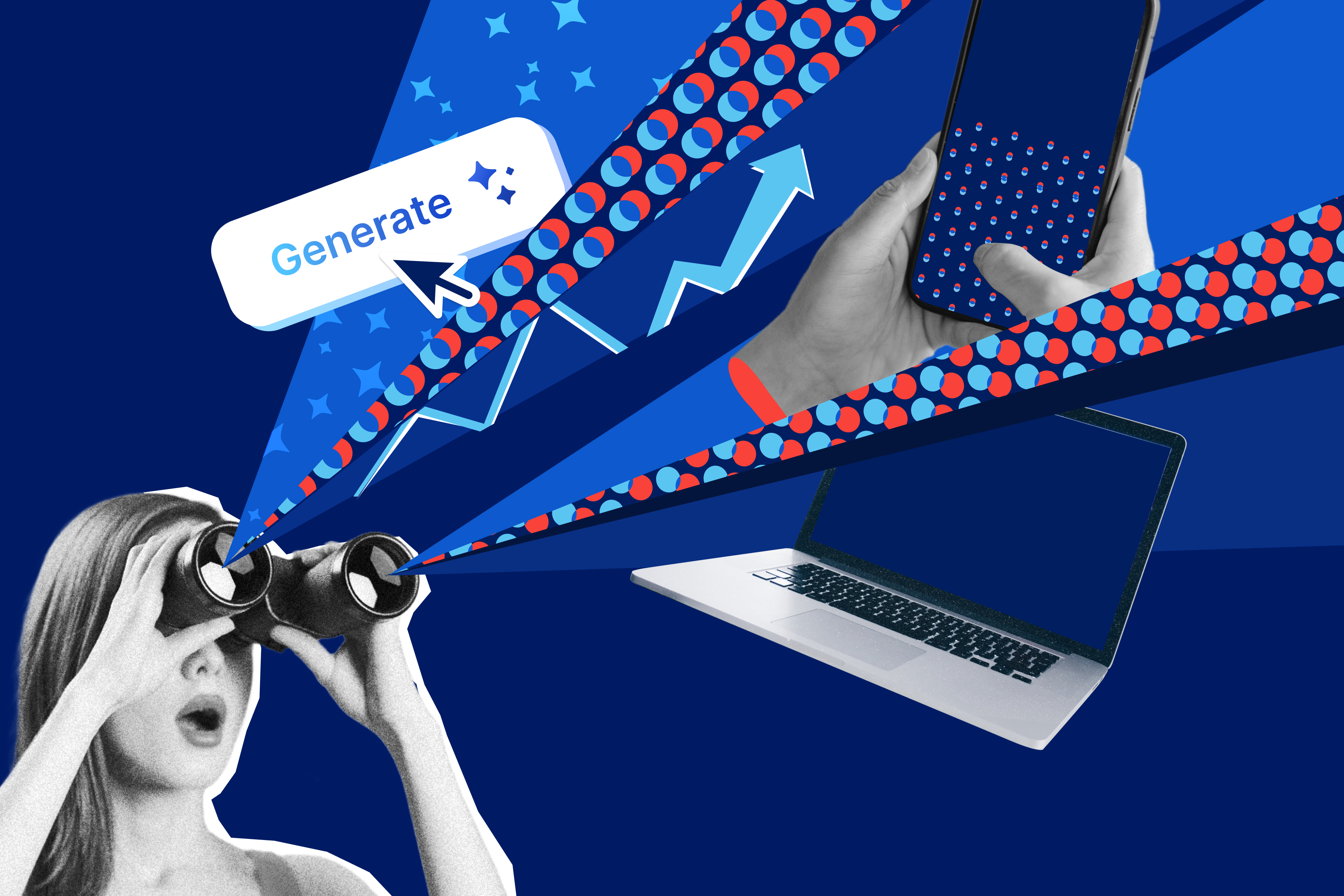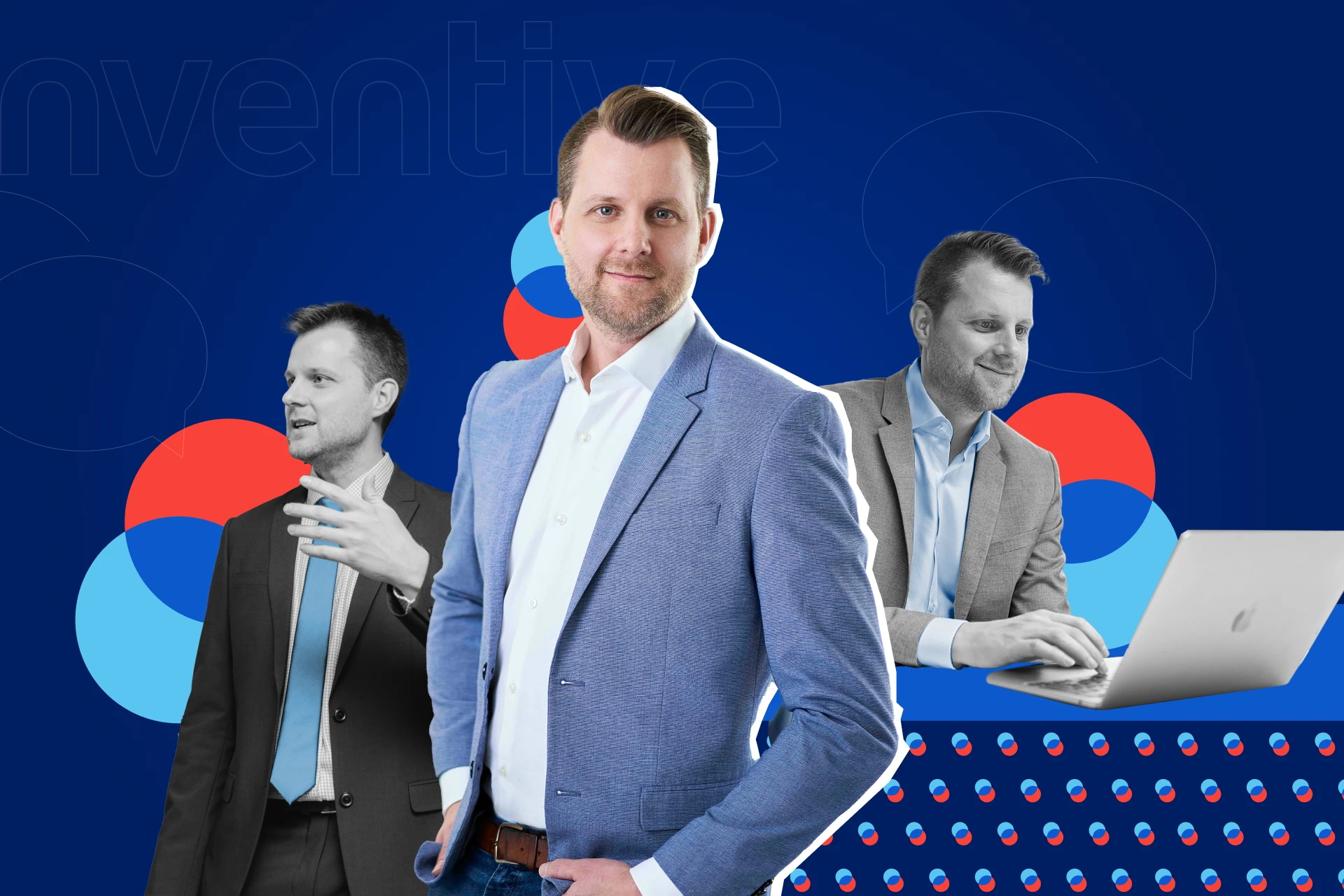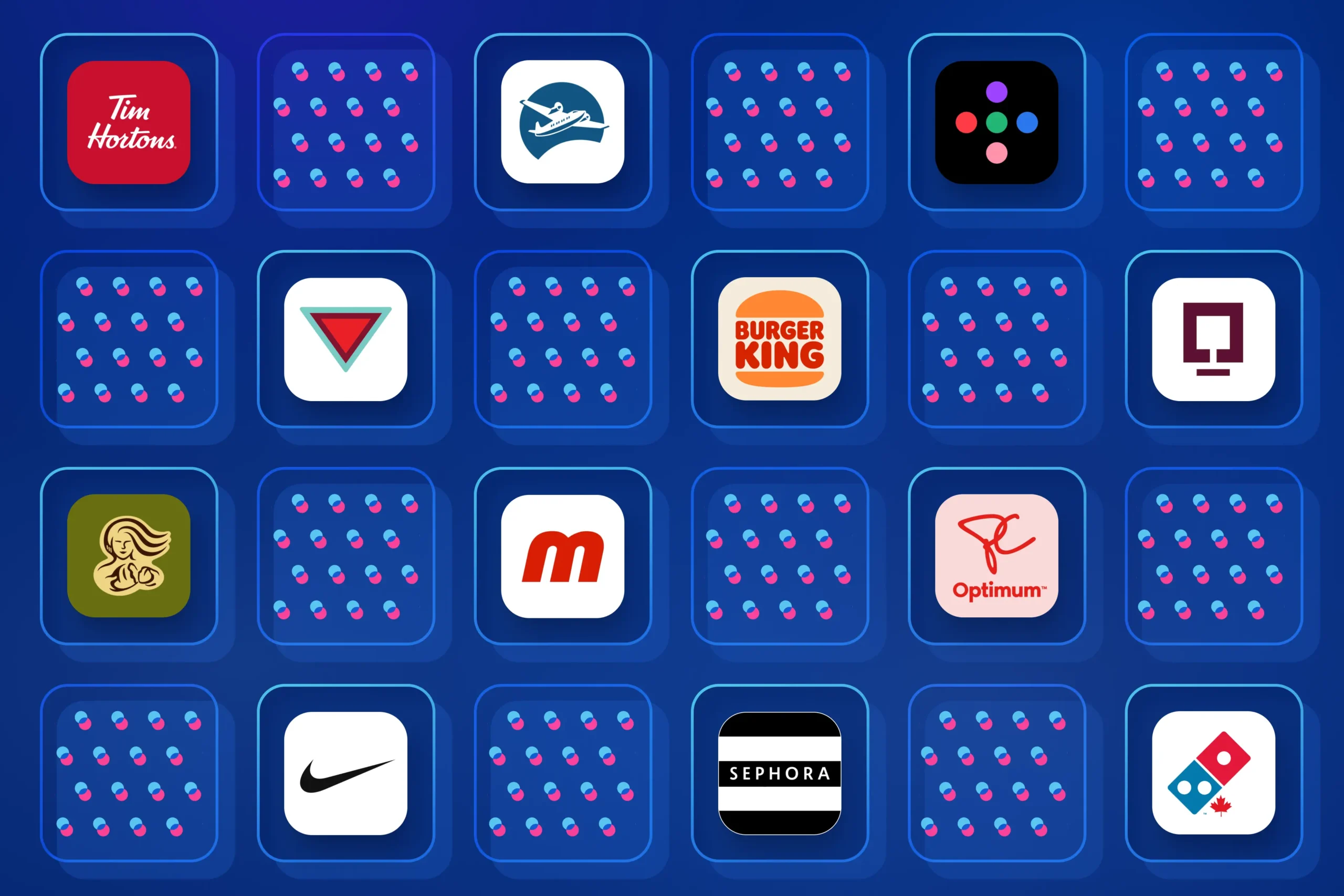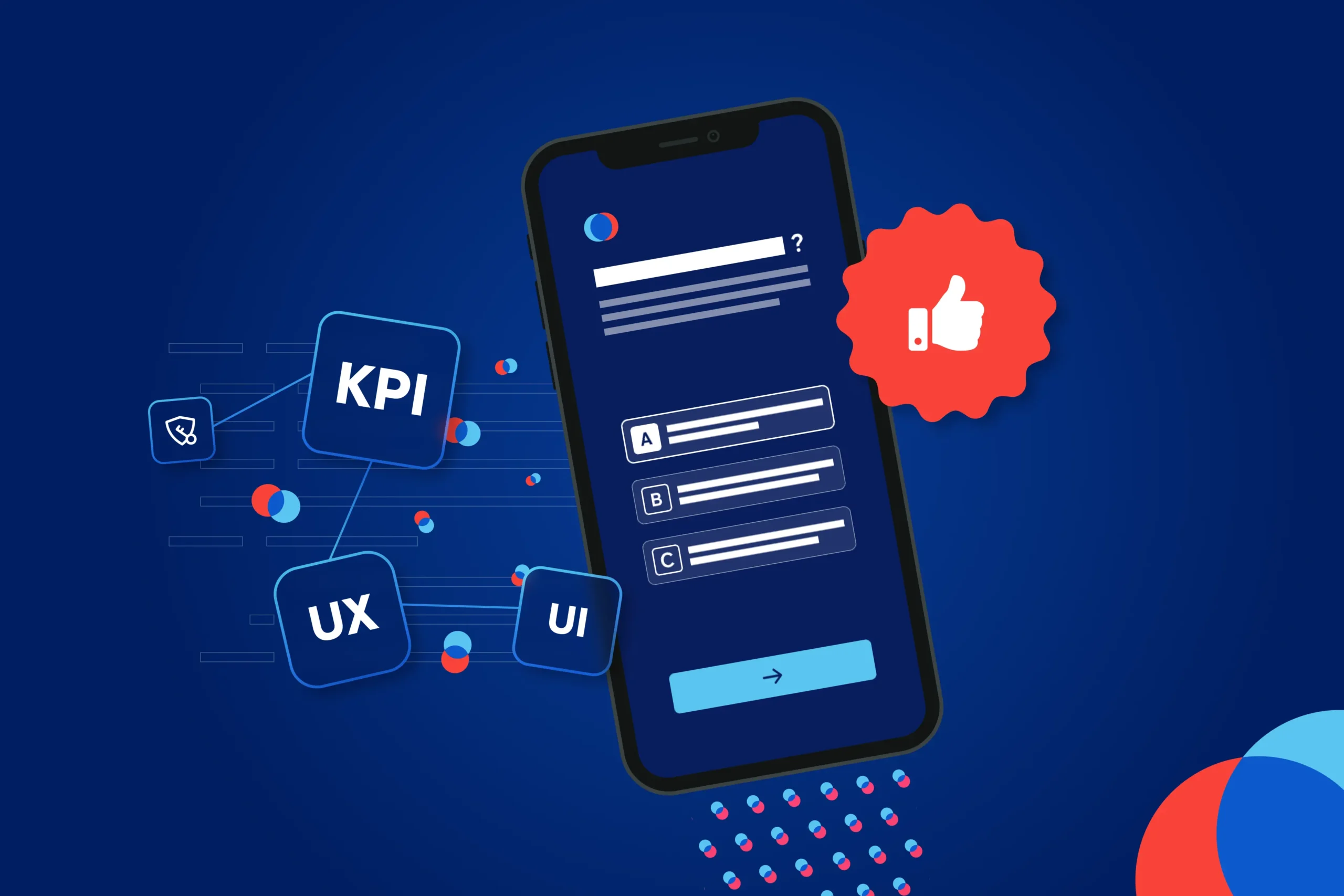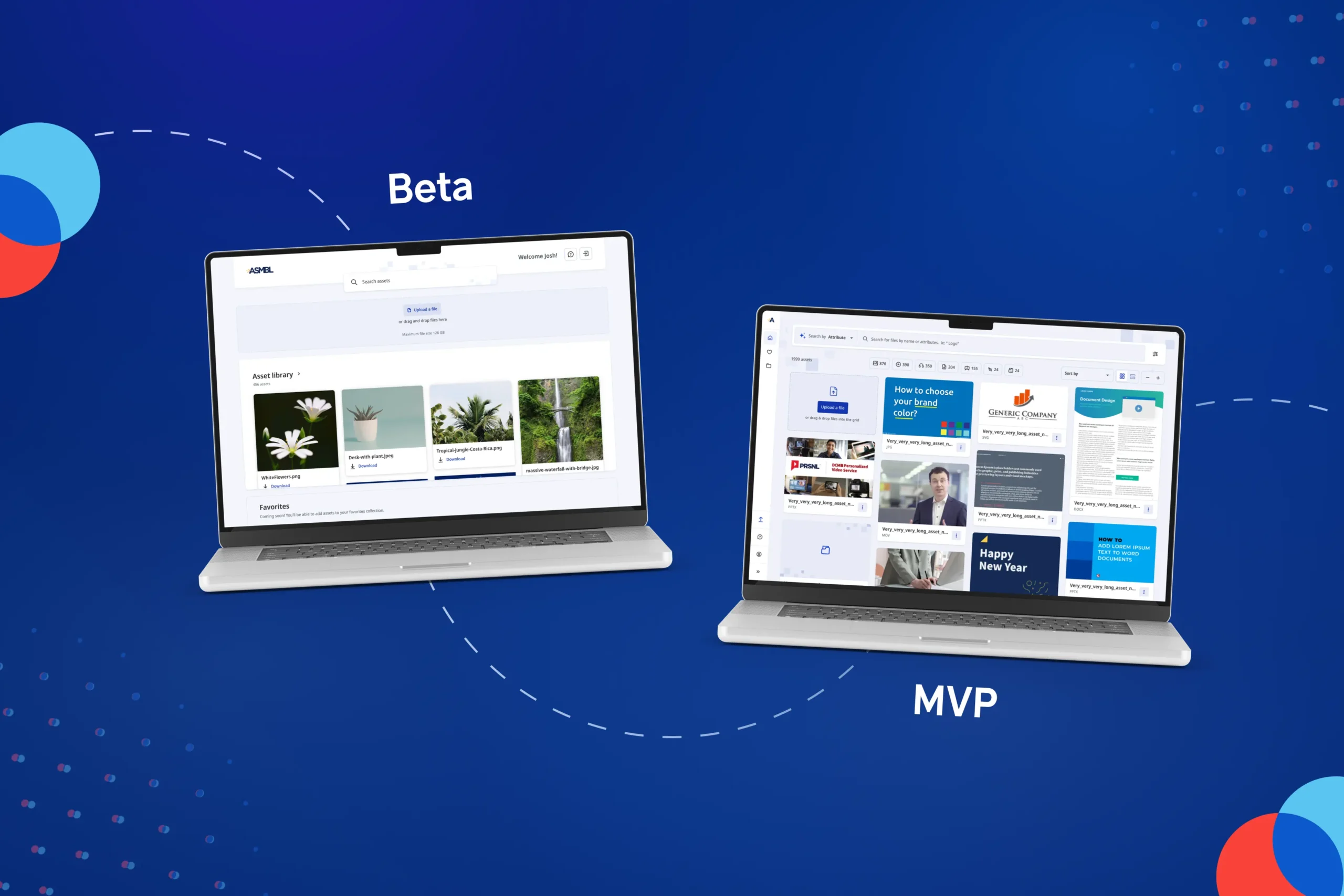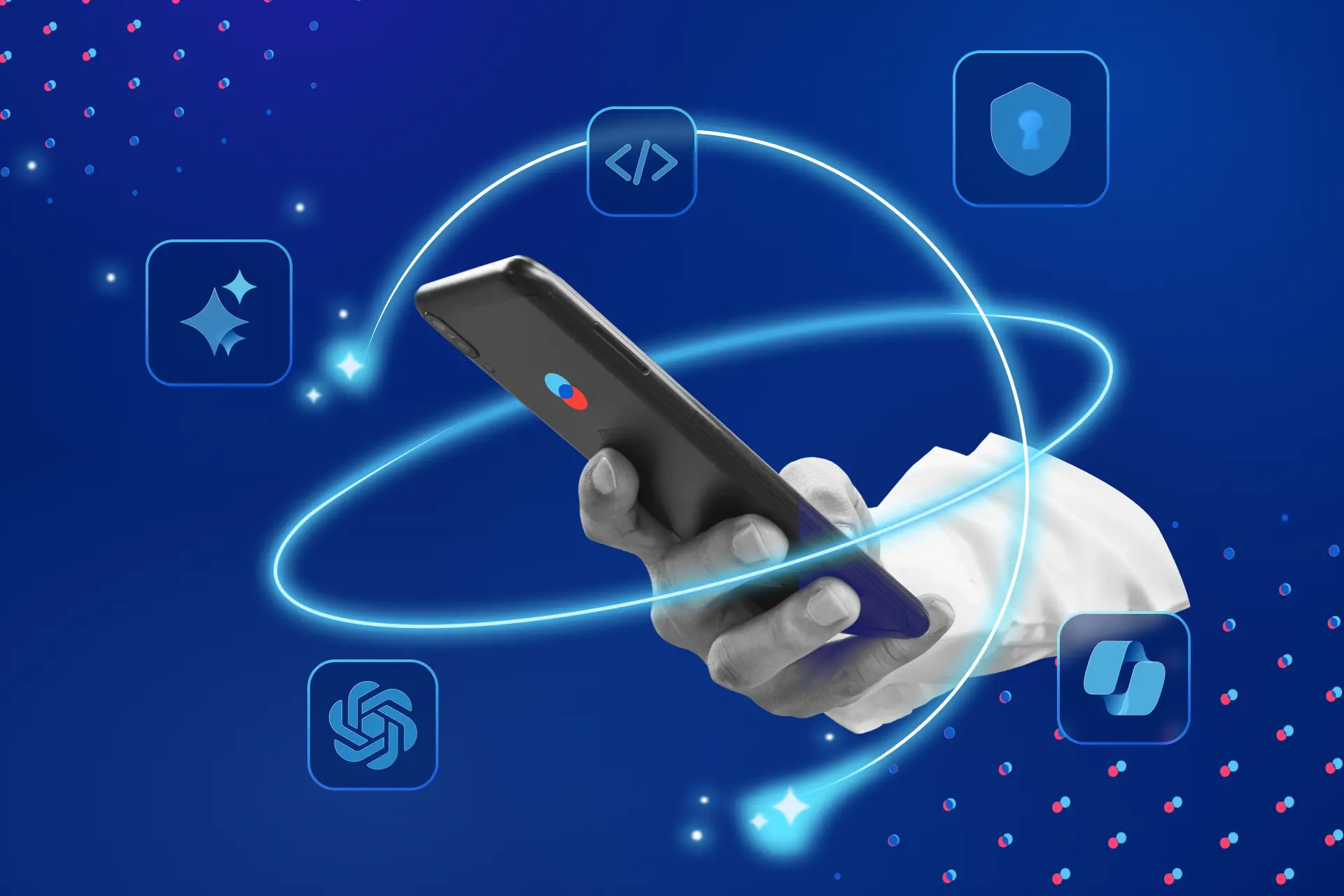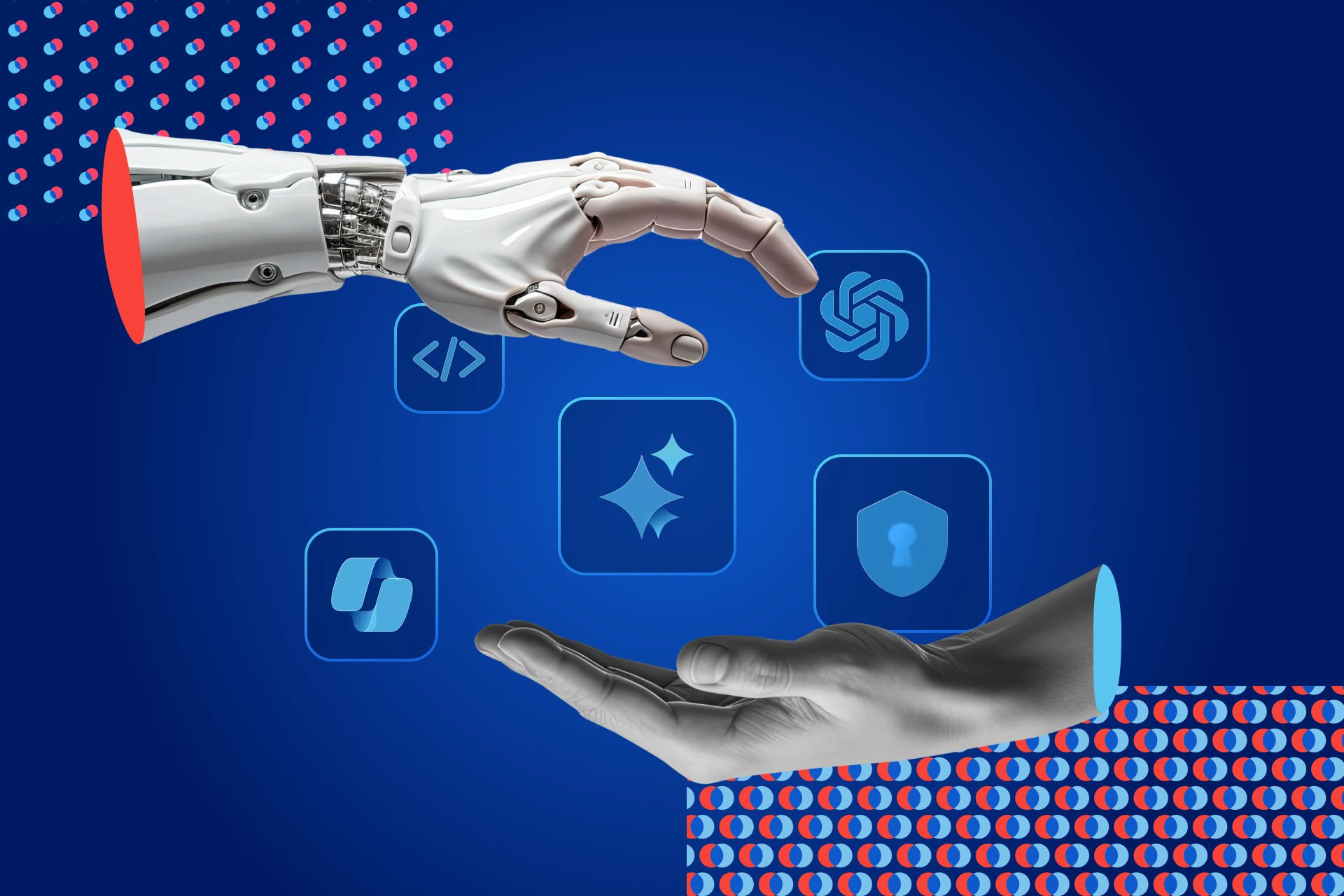Between technical debt, rising maintenance costs, and slower development velocity, several signs can indicate it’s time to modernize your application.…
The rise of conversational artificial intelligence has transformed how companies interact with customers and optimize operations. Among these technologies, ChatGPT has garnered growing interest. It…
Technical or financial, debt becomes expensive when left to accumulate. But when managed properly, technical debt can become a driver of efficiency. Through regular maintenance,…
While some companies have already taken steps to integrate AI into their processes, others hesitate, held back by uncertainties about costs, risks, or simply a…
When facing the increase of cybercrime threats, it is imperative for development companies to proactively improve internal protocols to ensure the privacy and the security…
2025 has barely begun, yet artificial intelligence (AI), mobile, and web technologies are converging more than ever, redefining both user experiences and business models. Here…
As Vice President of Strategy, CX, and Design, David A. Hamel drives the growth of all nventive practices, enabling our teams to create the best…
As part of our ongoing collaboration with Adviso and the release of the 2024 LoyalT Study, we set out to support their research by assessing…
Your mobile app is one of the most crucial ways users interact with your brand.…
Our clients are visionaries, determined to collaborate with us on developing innovative digital solutions.…
Do you remember the first iPhone? Released in 2007, it didn’t have any third-party apps—just texting, a camera, and basic mobile functions.…
In today's landscape, there are as many AI-powered tools as there are stars in the universe.…

